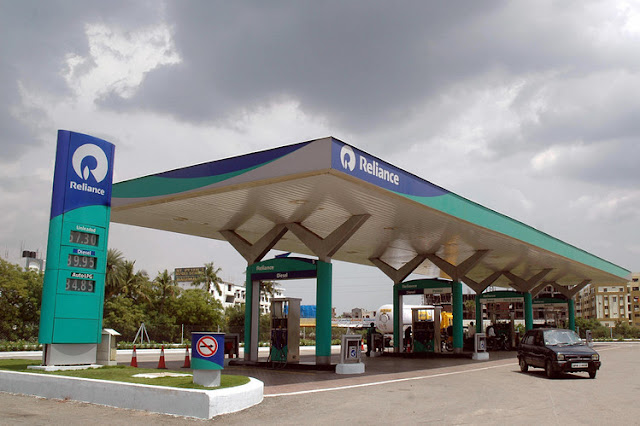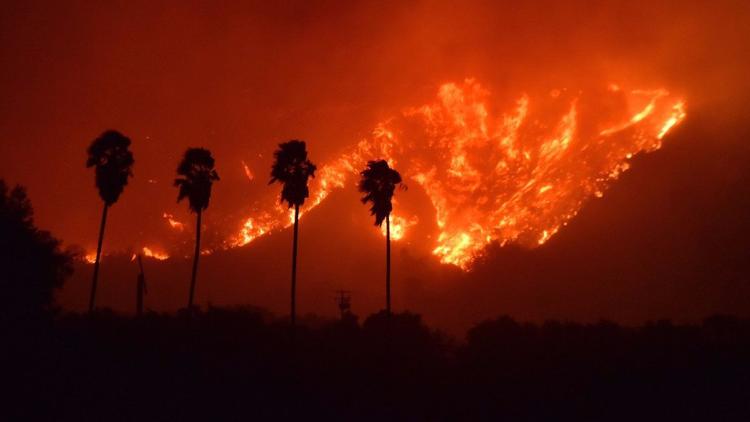NERC: New Strategies Needed for Growing Gas Reliance
Yesterday, the North
American Electric Reliability Corp. released recommendations regarding the US’s
increasing dependence on natural gas. The report made it clear that greater
coordination was required between the electric and gas sector. It also laid out
its predictions as to what the consequences of a disruption along the natural
gas supply line would be.
The NERC’s report targeted
regulators and pushed for them to do more to make the current system more
resilient to gas supply disruptions and to help diversify it. It included a
number of steps indicating how regulators were expected to do this. It is
crucial that the industry is able to take severe disruptions in its stride in
order to stop them from snowballing into much more serious issues.
John Moura, the director of Reliability
Assessment and System Analysis, explained that “the operating realities of
renewables and other intermittent generation resources, when combined with
ongoing coal and nuclear retirements, create a greater dependence on
natural-gas fired generation.” As this reliance on natural gas rises, it
becomes more and more essential that there are safeguards in place in case of a
loss of gas facilities.
The report also makes
suggestions about fuel supply – a particularly hot topic in the USA right now.
The recommendation is that a greater emphasis is placed on the transmission of
gas in order to make sure the grid is stable. This comes in the wake of suggestions
from the Department of Energy that coal and nuclear generation facilities are
rewarded for the fuel they hold onsite. The report recommends that the DOE
collect information and data in order to generate an idea of how much energy is
stored.
In conclusion, the NERC said
that those who are in charge of planning the system should be working in tandem
with regulators to incorporate "expeditious consideration" of air
permit waivers. It is believed that these could be required for the purposes of
increased resilience. Thomas Coleman, NERC director of reliability assessments
claims that extensive and comprehensive planning will work positively to greatly
increase the resilience of the grid.
Although the report lauds
the natural gas industry’s level of reliability, it notes that recent gas leaks
and other similar events "raised awareness of the [bulk power system's]
dependency on natural gas infrastructure and calls for a closer look at the
facilities that support fuel deliveries to electric generation."
Yet, we have been assured by
those in the know that the gas industry is still highly reliable and that
disaster scenario planning, while useful, should be done with careful
consideration. The importance was stressed by Dena Wiggins, president and CEO
of NGSA, of seriously determining the likelihood that any of the events will
happen for which resolutions are being planned.
She concluded by saying that "there are many mitigation strategies that
can be successfully employed to reduce the potential impacts of a natural gas
disruption."




Comments
Post a Comment